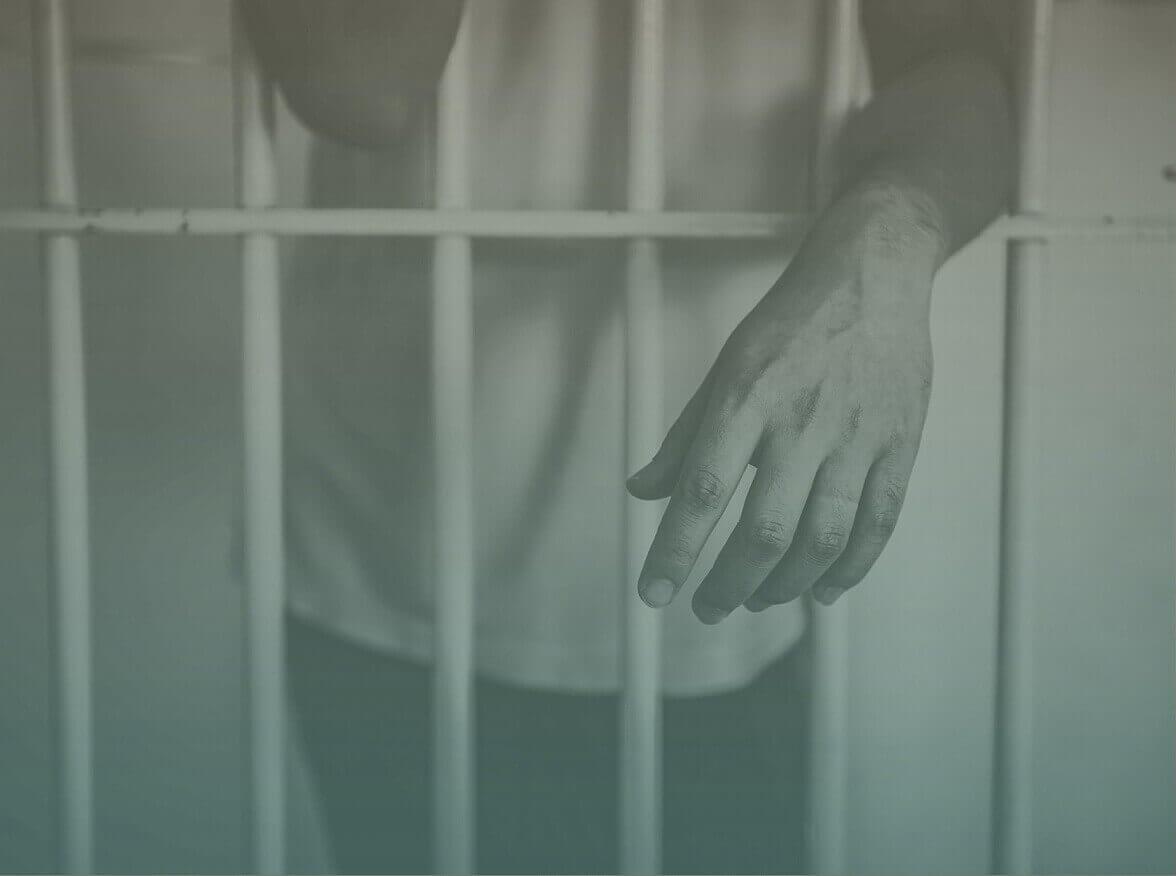On August 27, 2001, Robert Piché was piloting an Airbus 330 at more than 30,000 feet above the Atlantic, having lost power on all engines and with fewer than 70% of the aircraft’s flight instruments working. The more than 300 passengers and crew members on board were preparing to die. Having glided for some 20 minutes, Robert Piché managed to land the aircraft safely at the Lajes airport, located in the Azores Archipelago. Despite himself, he had just performed one of the most glittering feats of modern aviation. I simply was caught up in an extreme situation and managed to save my life. I didn’t really have a choice…
Upon his return, he received a hero’s welcome. Still, he suspected that things would change rather quick—ly. Two days later, he contacted his employers at Air Transat to let them know that he expected the issue of his criminal record to pop up in the media. Indeed, in 1983, he had been sentenced to a ten-year prison term in the U.S. for drug trafficking. Air Transat authorities were aware of that troubling episode.
As the Journal de Montréal was about to release this story, Air Transat gave Robert Piché assurances that they would stand by him; they had little to lose. The airline’s executives realized that Robert Piché’s high visibility would result in more good than bad.
But what if Robert Piché had not succeeded in saving 300 people? What if he had committed a pilot error and a few passengers had lost their lives? They had no choice but to support me, otherwise they would have looked like fools! After all, they trusted me with the lives of 362 people and with an aircraft worth in excess of $125 million U.S.
No more hiding his prison record
Captain Piché knew that, in the end, he would be able to face the music. But he was worried for his family. How would his mother react to this situation? And other family members who were not aware of his record? How would his son be greeted in the schoolyard?
He admits that he did not sleep at all on the eve of the publication of the Journal de Montreal’s shattering front-page story. I was not concerned about how I would face the public; but, I was concerned about how I would handle the resurgence of all the emotions that had been bottled up inside for so many years.
Robert Piché was not pleased to see his past make the headlines; yet, he came to realize that this situation could be of benefit to him. I am now conscious that this journalist let me out of prison. Many offenders never talk about their prison experience because too many people seem to care only about the juicy details such as how they pick up their soap in the shower. Very seldom will people want to hear about the psychological impact of prison on their lives.
As he reflects on his experience in the American correctional system, he realizes that he was able to make it because he had made the decision to face up to his responsibilities. While in prison, I understood that I needed to get out of there as quickly as possible. Serving the full 10 years of my sentence was out of the question. I needed to accept that I had committed a crime and that I now had made up for the harm I had caused.
He served his sentence in a Georgian prison, the only Canadian among 800 inmates. And what did he find to be the most difficult? Being deprived of liberty. That is when I came to appreciate that freedom is the most precious possession any human being can have.
Robert Piché was able to make a place for himself within the institution and had to find ways of making sure that he was respected. Despite the multiple problems he encountered in prison—including narrowly escaping an assassination attempt—, he remains convinced of the value of rehabilitation. It’s nice to talk about prevention and punishment, but people need a chance to rehabilitate themselves. I wouldn’t say that 100% will succeed, but the fact that you were once an offender doesn’t make you worthless for such.
Robert Piché reacts vehemently to those who think of prisons as comfortable places. They can say what they want, but prison is no picnic. Not only are you deprived of liberty, but you have to cope with violence on a daily basis and abide by the law of the jungle.
Twenty years later, Robert Piché has come to realize the full impact of prison on his ability to land the aircraft. I understood that prison and an aircraft in distress are pretty much the same. You have no choice but to deal with the situation if you want to come out in one piece.
Robert Piché is very critical of those who look down their noses at offenders. In his view, some people like to compare themselves to offenders simply to reassure themselves that they are leading a good life and that they are in no way like those bums! People don’t want to consider the psychological impact of a prison sentence. They don’t want to know that it’s difficult to make it through. Some offenders never had the good fortune of others and, for example, were never loved or never received a proper education. They do their best with what they have.
Getting out of prison
Because he was able to control his emotions and demonstrate that he could be an asset to society, he was released after serving 16 months of his ten-year sentence. At the time of his release, he was so proud of what he had accomplished that he wanted everyone to know. People need to know that it requires a great deal of effort to serve a sentence in an acceptable way and to deserve being released.
Upon his return to Canada, Robert Piché did not have a penny to his name and had to depend on his loved ones for financial support. I was always rather independent in nature and, being 30 years of age, I found it difficult to be living off my mother for a while. You try as best you can to get on with your life, but opportunities are often lacking.
It is not always easy for an ex-offender to take charge of his life for, as he soon finds out, regardless of what he does, there will always be people to bring up his having been in prison. Rehabilitation is not simply a matter of accepting one’s responsibilities; one must also be able to forgive one’s self for having committed a crime.
Despite the difficulties encountered after his release, it never entered his mind to return to a life of crime. Instead, he chose to become involved in air ferrying, a perilous venture which requires steady nerves and a taste for adventure. Never abandoning his dream of becoming a commercial airline pilot, he tried five times to land a position with Air Transat, but was unsuccessful. In 1996, the airline business was booming and the company finally decided to hire him. They did not want to run into a shortage of pilots and they knew that, given my experience, I could qualify to become captain within a year. Their one concern was whether or not I would be able to fly into the United States.
Despite his having received a pardon from the State of Georgia, he was forced to obtain a travel permit in order to be able to cross the American border. However, that permit was suspended following the terrorist attacks of September 11, 2001. It is only by chance and recently that he found out about his permit being revoked; this currently prevents him from entering the United States. In fact, the pardon I received means very little, but it is of great value to me. It means I did what I had to do.
And life goes on
Despite his having saved 300 lives, Robert Piché has always maintained that he is not a hero; however, he does admit that he enjoys being in the public eye. He has resumed his duties as captain and he has lost track of the number of awards he has received and the number of invitations to speak. He now has a Web site (www.robertpiche.com) and Libre-expression, a publisher, has released his biography. He quick to point out that he did not seek for all that to happen. I don’t chase after opportunities, but people come to me. I accept speaking engagements because they make me feel good.
This is what led him to prison to meet with because of that, inmates could identify with this man who was able to understand their situation. It helped them realize that life is possible beyond prison and that incarceration does not prevent anyone from achieving great things.
He fully expects that his visibility will a sense of fulfillment and he intends to spend as much time as possible with his loved ones. Some day, I’ll have to move on to something else and one thing is sure, I’ll continue to be a pilot. Has he made any projects? The gleam in his eyes says but he does not wish to discuss them. After all, everybody now knows of his past, his future is his only remaining secret garden. He is entitled to a minimum level of intimacy…








